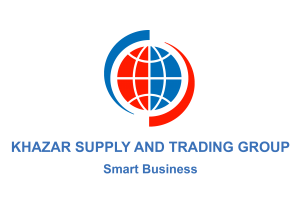Trading and Business in Iran
Business in Iran
There is a positive outlook for GLOBAL-Iran trade relations. Iran is the biggest new market to enter the global economy in over a decade, offering significant opportunities in most sectors, with potential to grow as the market in Iran expands.
Iran’s significant oil and gas reserves will be an important driver of economic growth. Other sectors in this diversified economy with the potential to contribute to the country’s Gross Domestic Product (GDP) growth and where GLOBAL business has particular strengths include:
- infrastructure
- healthcare
- retail
- airports and aviation
- mining
- water
The government is keen to attract foreign investment and technology transfer across all sectors.
Benefits of Trading and Business in Iran
Strengths and Benefits of Iranian market and trading with Iran include:
- a population of around 80 million (the second largest in the Middle East after Egypt)
- a young population (60% are estimated to be under 30 years old)
- a highly educated workforce
- plentiful natural resources
- its strategic location
Iran’s main imports are:
- iron and steel
- chemicals and related products
- machinery
- transport vehicles
- Medical Equipment
- Medical and Cosmetics Material
Opportunities for Trading
Oil and Gas
Iran’s oil and gas sector is the largest sector in the Iranian economy, comprising 23% of GDP in 2014.
Petrochemicals
Iran’s petrochemical sector produces around 60 million tons per year generating annual revenue of around USD 20 billion.
The Iranian petrochemical industry covers almost all chemical production processes.
Industrial Products
The Automobile, Mechanical Machines, Electrical Equipment, Agriculture tools, Manufactured Metal, Mining and Cement Plants and processed steel and copper are the main industrial outputs and products in Iran.
Healthcare and pharmaceuticals
The pharmaceutical industry in Iran was worth £1.86 billion in 2015, including £1.24 billion of locally manufactured, mostly low-value, high-volume products.
A lack of modern technology means Iran can’t produce the most advanced medicines, So Imports of pharmaceuticals comprised just 5% of sales volume but 38% of the value.
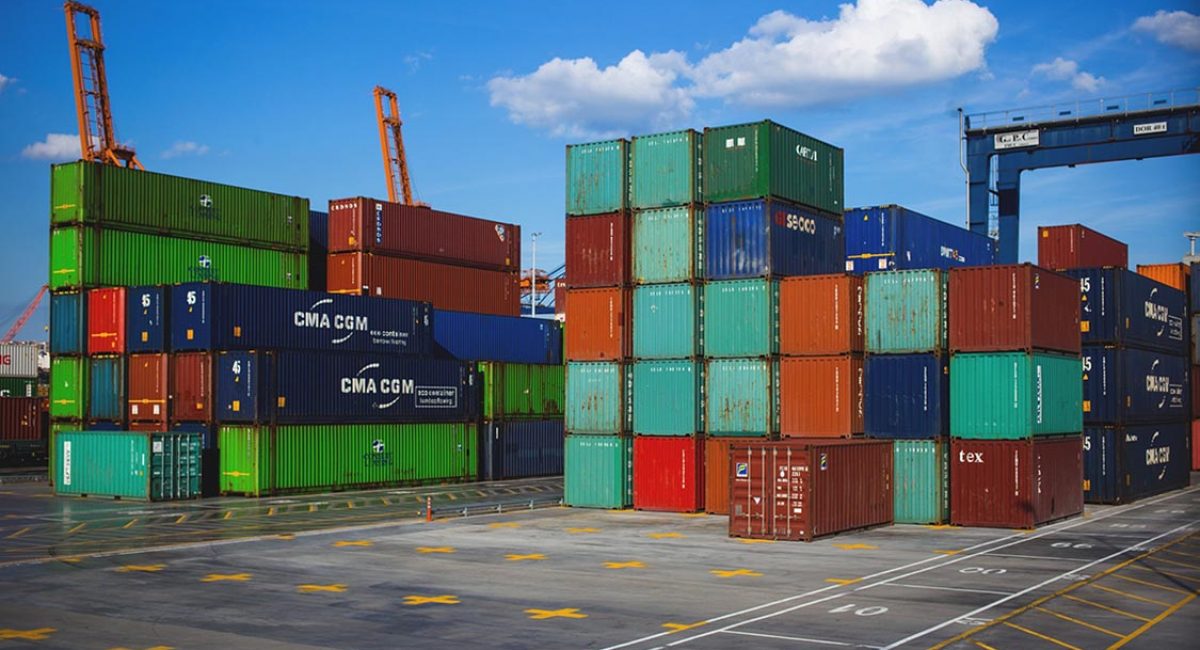
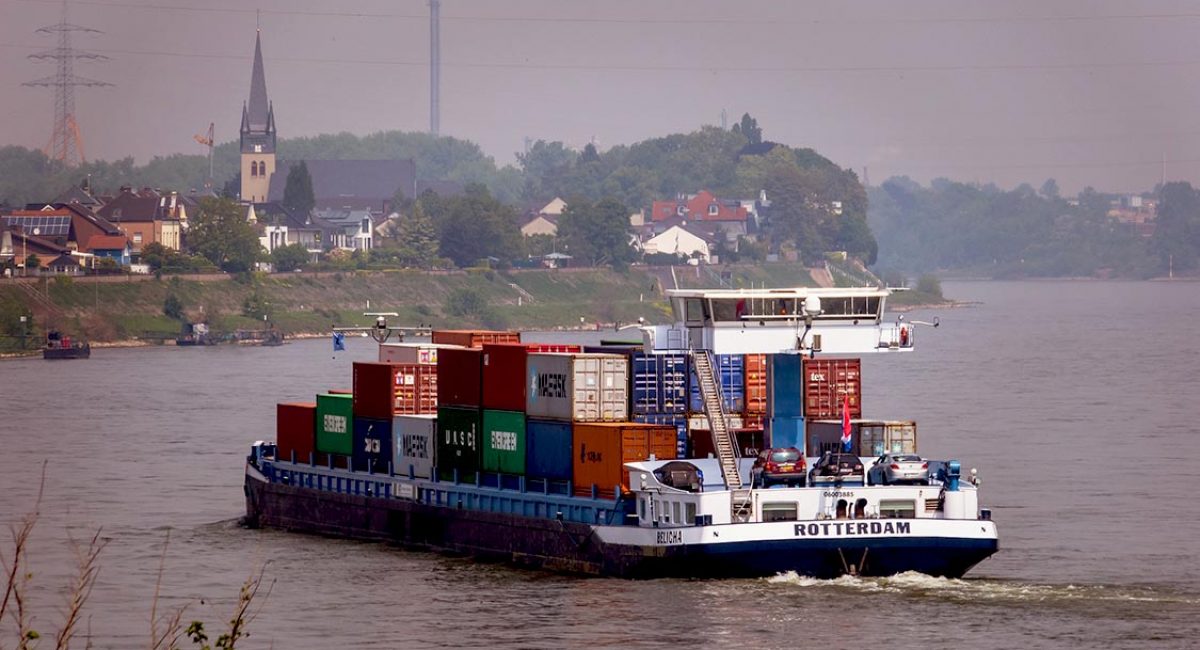
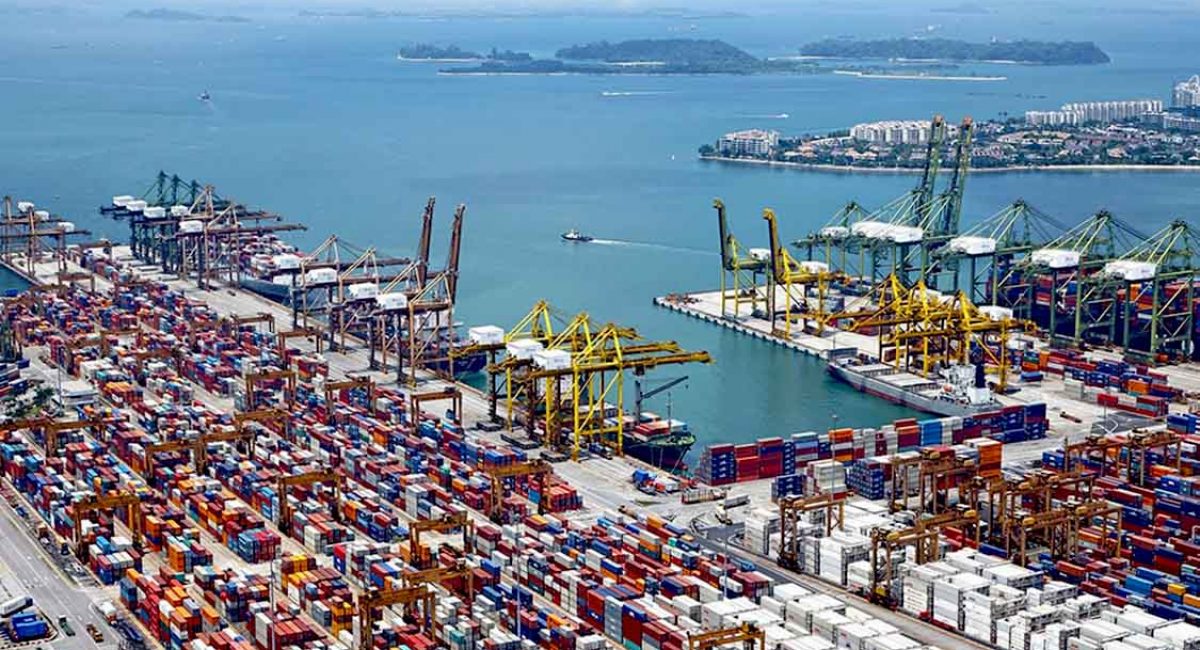
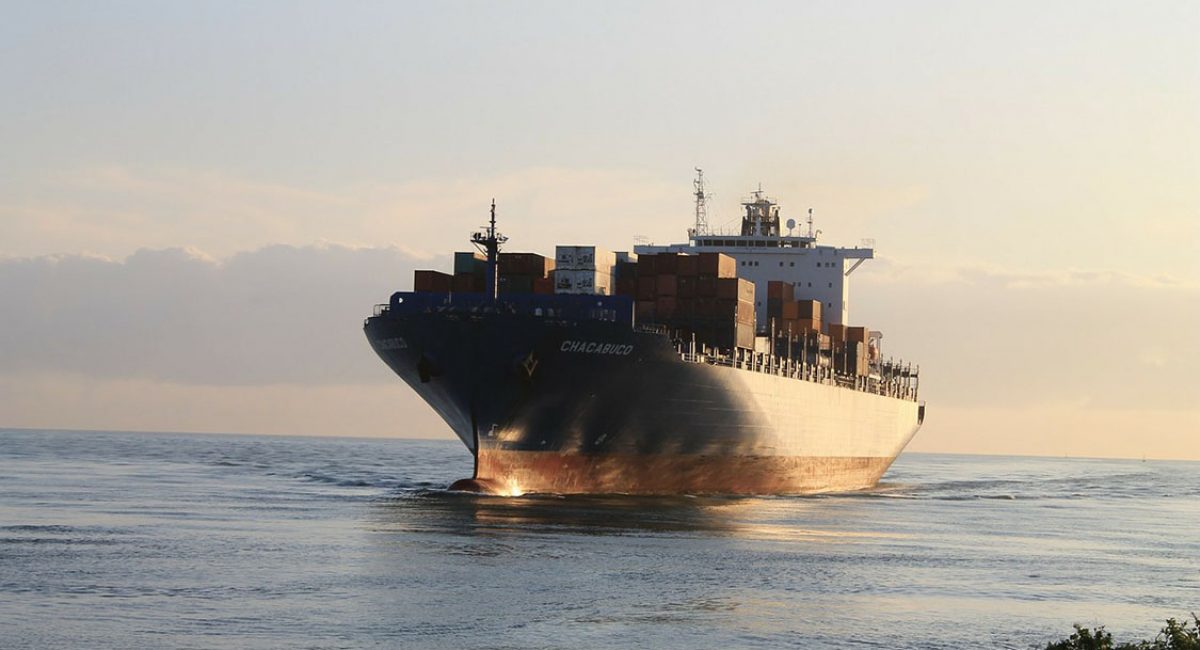
Tax and Customs considerations
Taxation in Iran
Tax in Iran is calculated through a self-assessment system.
Company profits are taxed at the corporate level in Iran and dividends distributed to shareholders are exempt from tax.
Iranian residents are taxed on worldwide income. Foreign entities are taxed on income derived from sources in Iran or from activities performed in Iran.
A company is resident in Iran if it’s established under the Iranian Commercial Code, or if it is managed from Iran. For tax purposes, the Iranian calendar year, starting 21 March and ending 20 March of the following year is generally used, but a company or branch may use its own accounting year if different. Tax filings in Iran are based on a company’s fiscal year.
All Iranian entities and branches of foreign companies must file an annual corporate income tax return and submit their balance sheet and ‘profit and loss’ account within 4 months of the end of the fiscal year.
Iran has no rules on tax on transactions between connected companies and there are no specific rules about capital gains tax.
Tax registration in Iran
Companies must register with the State Tax Organization and Social Insurance Organization for:
- value added tax
- corporate income taxes
- customs related tariffs
- social taxes and employment-related taxes
You must have an economic code (similar to a tax identification code) to operate in Iran. This is either a commercial code for companies registered in Iran or a comprehensive commercial code for foreign companies. This comprehensive commercial code is needed for these companies to let Iranian customers pay them.
Any payment made to a supplier without an economic code will be added back to the profit and loss account of the Iranian entity and no tax deduction will be allowed for the expense.
Value Added Tax (VAT) in Iran
The standard VAT rate in Iran is 9%. VAT rates applied to special goods are:
- 15% on cigarettes and tobacco products
- 30% on gasoline and aircraft fuels
- 11% on fuel oil
Corporate tax rate in Iran
The corporate tax rate is 25% and applies to both resident and foreign entities (except insurance enterprises and non-Iranian airline and shipping companies).
Resident entities are assessed on an actual profits basis. Non-resident entities are taxed on a deemed profits basis of 10% to 40%. This means the effective tax rate is 2.5% to 10%).
Withholding taxes in Iran
There is no withholding tax on dividends paid by Iranian companies. Interest paid to a non-resident is subject to a 3% withholding tax. Royalties paid to a non-resident are subject to corporate tax on a deemed profits basis of 10% to 40%.
Income tax in Iran
Income tax is levied at progressive rates up to 20%. The rates for the fiscal year to 20 March 2016
Income tax is levied on salaries, allowances and all types of remuneration.
Non-Iranian nationals are subject to Iranian tax on any income earned in Iran.
Other taxes in Iran
Iran imposes an environmental tax amounting to 1% of the sales on contaminating production units, including refineries and petrochemical factories.
Iran also levies a car transfer tax and excise on intra-city transport services and motor vehicles.
Tax incentives in Iran
Iran offers incentives for manufacturing and mining companies, which apply automatically if the specified conditions are met.
Manufacturing companies set up in special economic zones can qualify for a tax exemption (of 80% or 100%) for up to 10 years.
Companies that are registered and licensed to operate in a free trade zone (FTZ) are exempt from corporate tax for 15 years on income derived from their activity in the FTZ. Income derived from operations carried out outside the FTZ is taxable on the same basis as non-FTZ companies.
Customs in Iran
Duty rates in Iran can be as high as 75%.
The customs value of imported goods is generally calculated on the basis of the cost, insurance and freight value.
The Islamic Republic of Iran’s Customs Administration is responsible for customs laws and regulations.
Iran has observer status at the World Trade Organization (WTO) and is a signatory to international treaties including:
- the customs convention on the ATA carnet for the temporary admission of goods
- the convention on the international transport of goods under cover of TIR carnets
- the harmonized system convention
- Iran’s main customs legislation comprises:
- the export-import regulation act
- the executive ordinance to the export-import regulation act
- the regulations on exports, imports and customs in the free trade industrial zones
Free trade zones (FTZ) in Iran
Goods imports from outside Iran into its FTZs are not subject to import duties provided they’re sold within the FTZ or re-exported from Iran.
Imports of items such as construction materials, production equipment, spare parts and tools are duty free provided they are used for production or construction within the FTZ.
Goods manufactured in the FTZs are subject to customs duties when imported into mainland Iran in proportion to the amount of non-Iranian raw materials and components used in their production.

